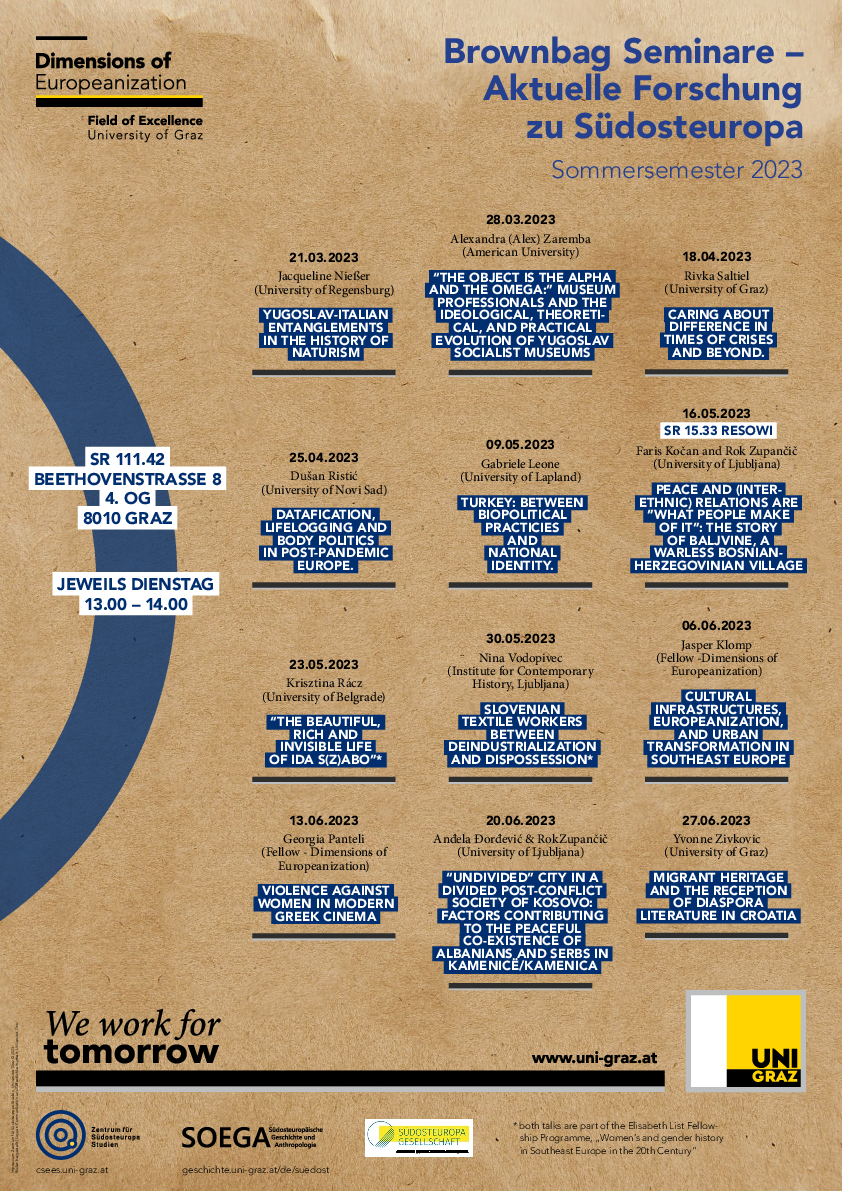During the COVID-19 lockdowns the societal relevance of care work became apparent. The conditions and positions of care work received crucial attention: as basic supply of survival, paid and unpaid care work in capitalist societies was and is gendered, classed and racialized. Moreover, many of the (often marginalized) care workers could not stay at home in times of lockdowns, but stood as ‘key-workers’ on the frontline – overexposed to and underprotected from the virus. These multiple intersectional burdens are effects of structural social inequalities and thus pose a serious occasion to address the underlying unjust social conditions of care and caring relations in capitalist societies and to profoundly re-think capitalist social relations – beyond crises, beyond pandemics. With its fundamentally relational approach, a critical feminist perspective of care unravels the uneven structures that permeate and define both the practice of care (both paid and unpaid) and caring relations. This perspective challenges the mechanisms of differentiation and hierarchization the current caring arrangements relies on. Moreover, by placing care as a public and democratic concern hierarchical categorizations of people and places are challenged allowing for an alternative more just social organization of care – and society.
Rivka Saltiel studied cultural anthropology in Graz, Paris and Vienna, followed by the 4cities Master in Urban Studies (Brussels, Vienna, Copenhagen, Madrid) and a PhD at the Department of Geography and Regional Science at the University of Graz. In her PhD project "Spaces of Curated Encounters. When Encounter Turns into Care" she explored urban spaces of encounter in which the gathering of people with and because of their different social identities, abilities, and needs is organized, mediated, and arranged – curated – to respond to material and immaterial needs of people in the city.
